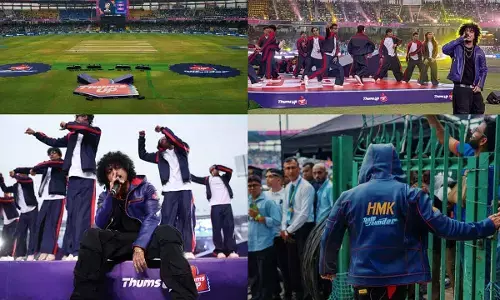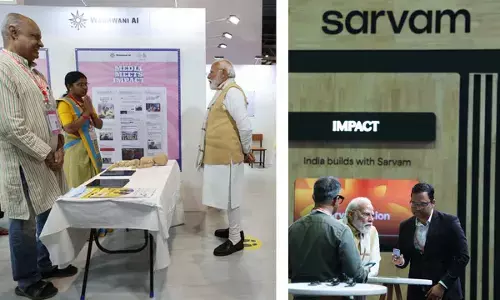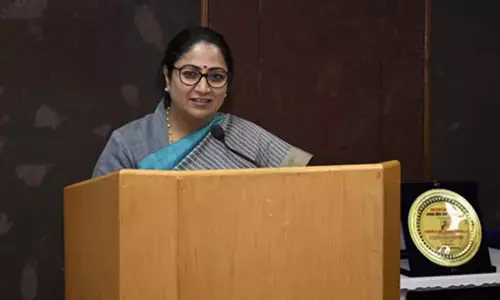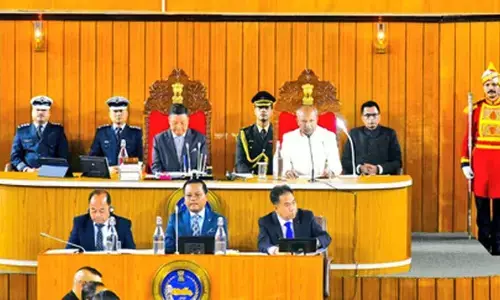Begging in Delhi not an offence: HC

The Delhi High Court on Wednesday decriminalised begging in the national capital, saying the penal provisions in the law were unconstitutional and deserved to be struck down
New Delhi: The Delhi High Court on Wednesday decriminalised begging in the national capital, saying the penal provisions in the law were unconstitutional and deserved to be struck down.
A bench of Acting Chief Justice Gita Mittal and Justice C Hari Shankar said the provisions of the Bombay Prevention of Begging Act, which treats begging as an offence, cannot sustain constitutional scrutiny.
The bench also said that the inevitable consequence of this verdict would be that the prosecutions under the Act against those who are alleged to have committed the offence of begging, would be liable to be struck down.
"The power to do so would, however, appropriately vest in the courts seized of such prosecutions, and we, therefore, limit ourselves to observing that the fate of such prosecutions, if any, would have to abide by the present judgement, and our observations and findings contained herein," the court said in a 23-page judgement.
The court said the state is at liberty to bring in alternative pieces of legislation to curb any racket of forced begging after undertaking an empirical examination on the sociological and economic aspects of the matter.
The High Court's verdict came on two PIL petitions by Harsh Mander and Karnika Sawhney seeking to decriminalise begging and seeking measures for protecting basic human and fundamental rights of beggars in the national capital.
The central government had said it cannot decriminalise begging and there were checks and balances in the Act, which criminalises begging.
While striking down a total of 25 sections of the Act, the High Court said: "These provisions either treat begging as an offence, committed by the beggar, or deals with ancillary issues such as powers of officers to deal with the said offence, the nature of enquiry to be conducted therein, punishments and penalties to be awarded for the offence.
The institutions to which such 'offenders' could be committed and procedures following the awarding of sentence for committing the said offence.
"These provisions, in our view, cannot sustain constitutional scrutiny and, therefore, deserve to be struck down." It said the remaining provisions of the Act, which do not directly or indirectly criminalise begging, or relate to the 'offence' of begging, such as section 11 ( penalty for employing or causing persons to beg or using them for purposes of begging) and other provisions which deal with the nature of offences under the Act, appeals, the power to frame rules and removal of difficulties, would not be required to be struck down and are therefore, maintained.
During the hearings earlier, the court had asked how begging could be an offence in a country where the government is unable to provide food or jobs.
The petitioners had also sought basic amenities, such as proper food and medical facilities, at all homes for beggars in the city. They had challenged the constitutional validity of the provisions of the Act which made begging an offence, in relation to Delhi.
The Centre and the AAP government had in October 2016 told the court that the Ministry of Social Justice had drafted a bill to decriminalise begging and rehabilitate beggars and homeless people. But the proposal to amend the legislation was later dropped.
Currently, there is no central law on begging and destitution and most states have adopted the Bombay Prevention of Begging Act, 1959, which criminalised begging, or have modelled their laws on it.











